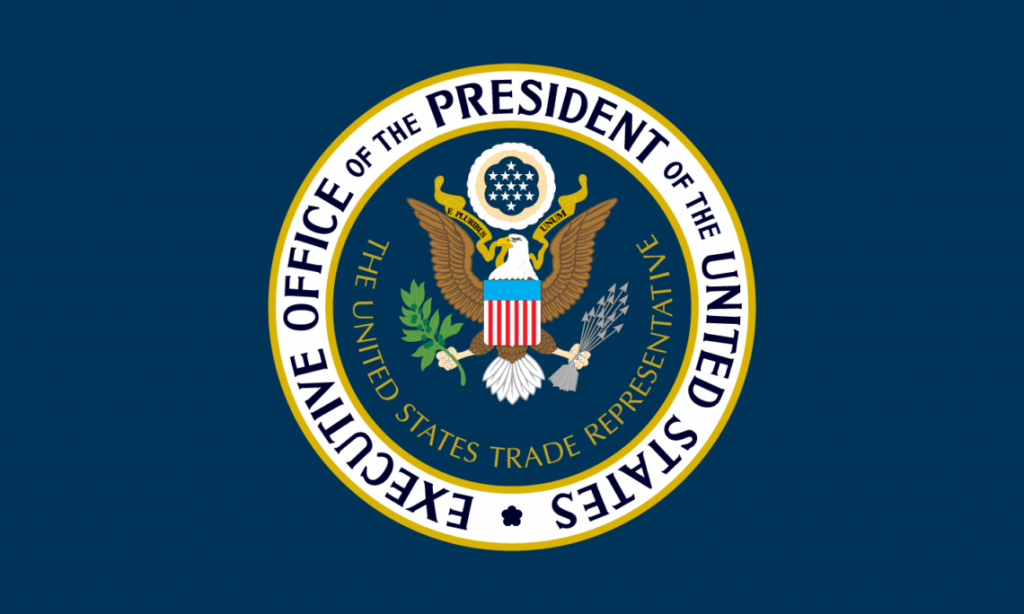The Office of the United States Trade Representative (USTR) has primary responsibility for developing and coordinating direct investment, commodity, and international trade policy for the United States, and for overseeing trade negotiations with other countries.
For his part, the head of USTR is the United States Trade Representative, a member of the Cabinet who serves as the main trade adviser, negotiator and spokesman for the President on trade issues.
USTR is headquartered in Washington, DC, with foreign offices in Beijing, China, Brussels, Belgium, and Geneva, Switzerland.
The Geneva Office represents the United States in the World Trade Organization (WTO).
It is also part of the Executive Office of the President.
The Office is a member of the Board of Directors of the Millennium Challenge Corporation (MCC), a non-voting member of the Export-Import Bank, a member of the Committee on Foreign Investment in the United States (CFIUS), and a member of the National Monetary Policy and International Finance.
USTR
In the Trade Expansion Act of 1962, the US Congress established the interagency trade policy mechanism that was led by the USTR’s predecessor, the Special Trade Representative.
The Office provides trade policy leadership and negotiation expertise in its main areas of responsibility.
In addition, it consults with other government agencies on trade policy matters, including through the Trade Policy Staff Committee (TPSC) and the Trade Policy Review Group (TPRG).
These groups, administered and chaired by the USTR and comprised of 20 federal agencies and offices, form the sub-cabinet-level mechanism for developing and coordinating US government positions on international trade and trade-related investment issues.
In turn, the TPSC is the frontline task force, regularly seeking public input on policy decisions and negotiations through Federal Register notices and public hearings.
In cases where the TPSC does not reach a consensus on an issue, or if the issue under consideration involves particularly significant policy issues, the issue may be referred to the TPRG or the Cabinet Directors.
![]()

